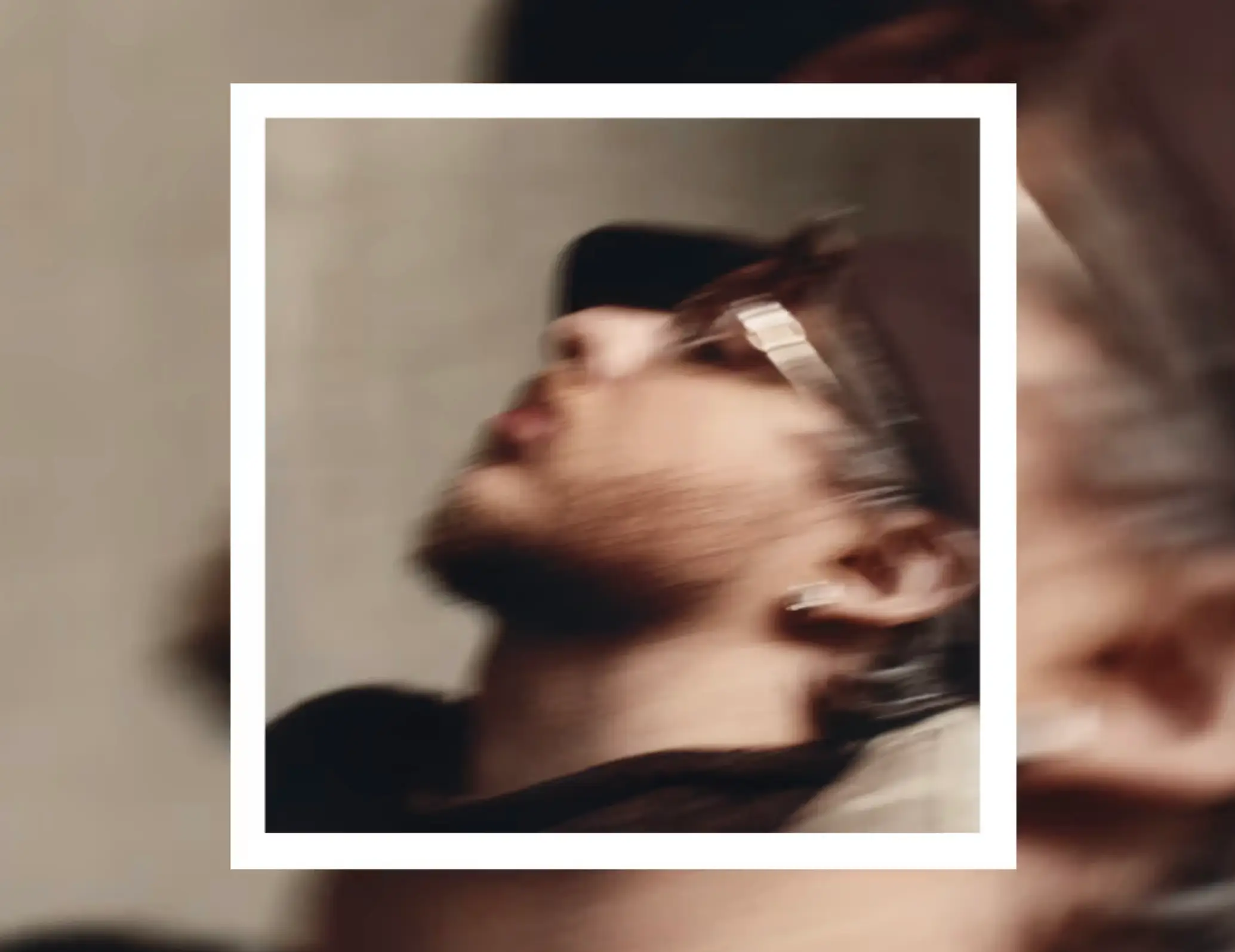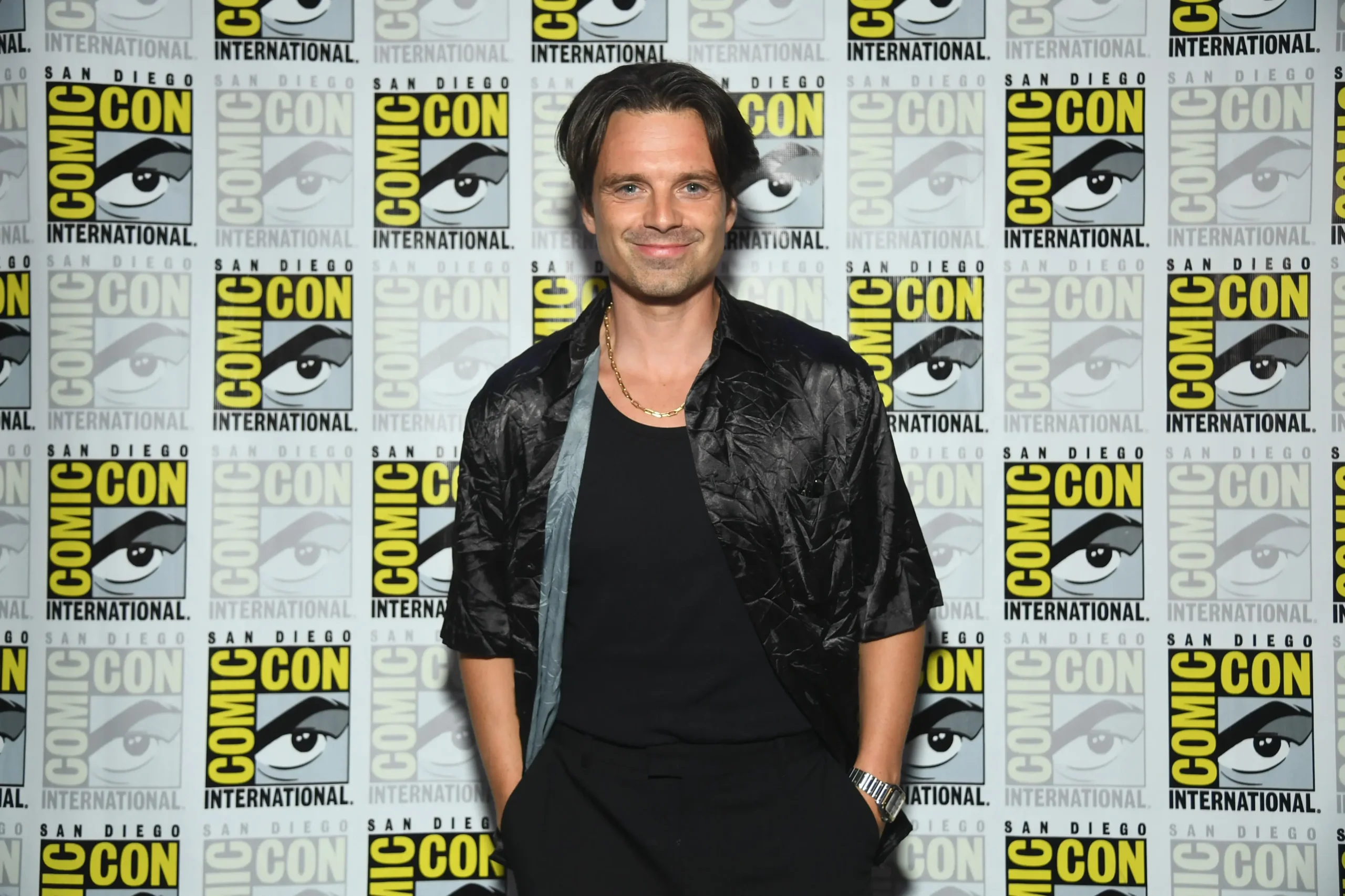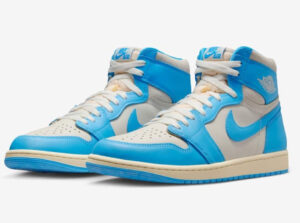There’s a certain electricity that Billie Eilish carries into every room she enters — an unnameable pulse between mystery and magnetism. That same energy crackles off the pages of British Vogue’s May 2025 issue, where Eilish graces the cover in a daring fusion of grit and glam, captured through the surreal, unflinching lens of photographer Johnny Dufort.
At 23, Eilish is no longer the teenage prodigy with ocean eyes and whispered refrains. She’s a force — bruised, beautiful, unrelenting — and this feature, pairing her with a council of superstar interviewers (Chappell Roan, Ariana Grande, Nicki Minaj, and SZA), feels less like a press tour and more like a coronation.
What emerges isn’t a neatly packaged profile. It’s a raw document of a young woman still building herself, brick by uncompromising brick.
The Interview: Icons in Conversation
Instead of the traditional profile piece, Vogue hands the reins to a few of Eilish’s most celebrated contemporaries, resulting in a conversation that slices straight through the polished veneer most celebrity interviews barely scratch.
Chappell Roan, the rising star known for her boundary-pushing synthpop, kicks off by asking the question fans have buzzed about for months: where is Billie going next?
Eilish’s smile is wry. “It’s the most me it’s ever sounded,” she says, teasing her next record — an experimental blend of jazz, industrial noise, and confessional balladry. “It doesn’t sound like anything you can sell at Target. And I love that.”
Ariana Grande, whose own battles with public scrutiny have been well-documented, probes deeper: How do you protect your real self in a world that wants a version of you it can consume?
Eilish leans forward. “I used to feel like I had to offer myself up,” she says. “Now, I build these walls — not out of fear, but survival. Fame can make you forget who you are. I’m never letting that happen again.”
Nicki Minaj pulls no punches. “Why are women in music asked about their looks, their weight, their ‘image,’ while men are allowed to just… exist?”
Eilish’s response is swift and sharp. “Because we scare them,” she says. “Because we don’t exist for their consumption anymore. And because every time we say ‘no,’ the old guard trembles.”
Finally, SZA, tender and incisive, steers the conversation toward mental health. Eilish speaks openly about her struggles — panic attacks on tour buses, nights spent sobbing into hotel pillows, the quiet grace of therapy and grounding rituals.
“I ugly-cry to The Office a lot,” she laughs. “It’s like hitting a reset button on my brain.”
There’s an intimacy to the exchange — four supernovas talking not as celebrities, but as women simply trying to exist in impossible spaces.
Key Quote:
“I used to think fame was the goal. Now I know it’s just the weird side effect of making art I believe in.”
Fashion as Rebellion: Billie’s Visual Manifesto
Visually, the Vogue shoot is nothing short of a revelation.
In one image, Eilish stands barefoot on a cracked concrete floor, a sculptural leather corset cinching her waist, her hair dyed back to its iconic electric green — not out of nostalgia, but defiance. The green, she explains, is about “staying rooted when everything tries to uproot you.”
Johnny Dufort’s photography — all sharp lines, surreal shadows, and aching vulnerability — frames Eilish not as a manufactured pop princess but as an artist wrestling with transformation.
One powerful shot shows her crouched low to the ground, her nails blunt, her expression unflinching. “Try playing bass with claws,” she laughs when asked about her famously short nails. “Exactly.”
Fashion, for Eilish, isn’t about pleasing anyone. It’s armor. It’s refusal. Behind the scenes, stylists reveal she vetoed three proposed looks outright for feeling “too performative.”
“She knows what feels real on her body,” one stylist says. “You can’t fake that.”
The Evolution: From “Ocean Eyes” to Uncharted Waters
When Billie Eilish first broke onto the scene, she was a whisper in a storm of pop bombast — a quiet countercurrent. Today, she’s the storm itself.
Talking about her musical evolution, Eilish hints at a new era colored by brass instruments, improvised vocals, and jazz progressions. “Wait till you hear the trumpet solos,” she teases.
Reflecting on writing What Was I Made For?, the haunting ballad from Barbie, Eilish confesses it was one of the most painful songs she’s ever written. “It was like screaming into a diary no one would ever read,” she says. “And then suddenly it was everywhere. That’s the scariest kind of vulnerability.”
She doesn’t shy away from discussing the darker moments either — nights consumed by body image anxieties, the gnawing pit of imposter syndrome, the time she Googled herself and didn’t eat for two days.
“Fame weaponizes your insecurities against you,” she says. “You have to choose, every single day, not to let it win.”
Flow
Following the interview’s release, Eilish’s full discography saw a 40% surge in streaming numbers, according to Spotify.
Beyond Music: Activism, Legacy, and a Wider Canvas
Today, Billie Eilish’s impact isn’t limited to music. It ripples across fashion, activism, even film.
When body-shamers tried to turn her into a viral moment once again, Eilish clapped back with brutal efficiency: “If my body’s trending, let’s talk about yours.”
Her commitment to sustainability also deepens. Overheated, her eco-activism platform, now partners with Patagonia for a capsule collection focused on biodegradable materials and carbon-neutral manufacturing.
And she’s quietly making moves into Hollywood. She hints that she’s scoring an upcoming Black Mirror episode and might take a small acting role if the script feels “weird enough.”
“Mainstream makes me itch,” she grins. “I want the stuff that feels like a splinter under your skin. That you can’t ignore.”
Impression
The May 2025 British Vogue feature isn’t a sanitized portrait of stardom. It’s messy, vulnerable, confrontational — exactly like Billie Eilish herself.
This isn’t a case study in perfect branding. It’s a document of refusal: to be categorized, to be commodified, to be comfortable. Eilish isn’t here to give us the version of herself we want. She’s here to make us deal with the version that is.
If the mark of a true icon is the courage to be misunderstood, then Billie Eilish is carving her name into the stone of this generation’s memory with a chisel made of fire.
No comments yet.









